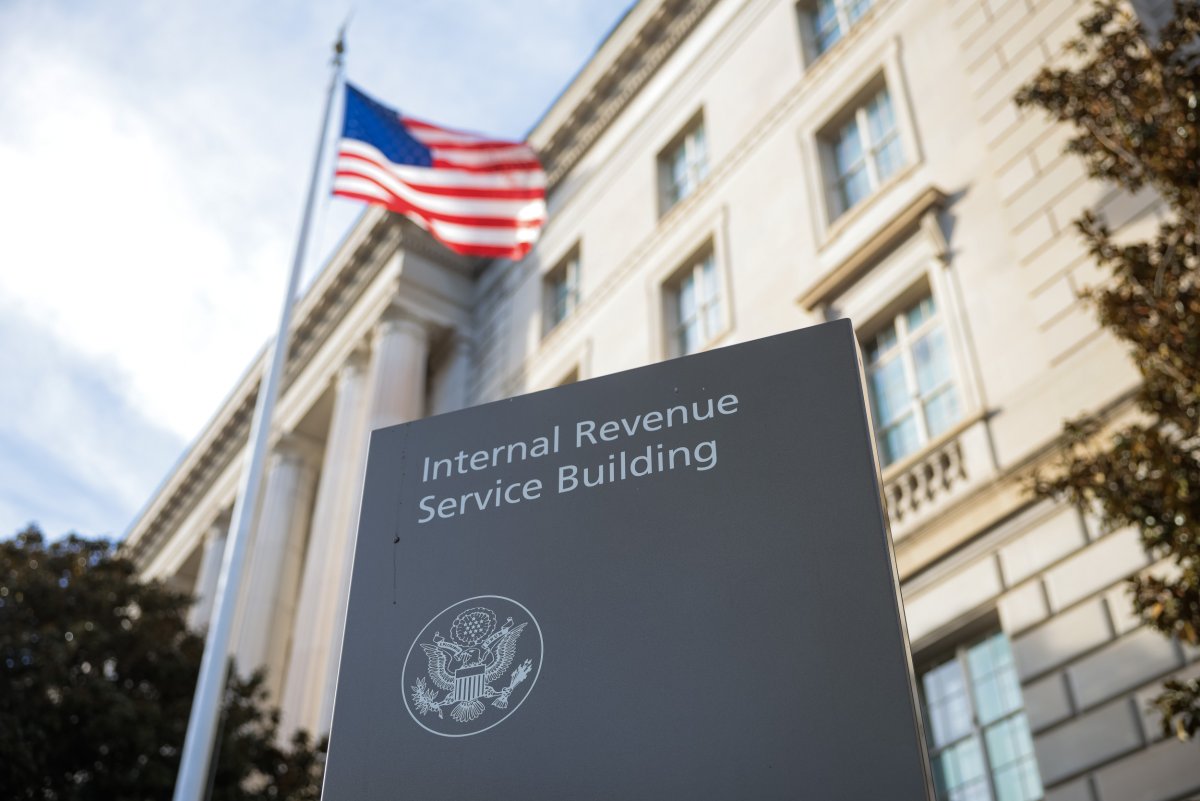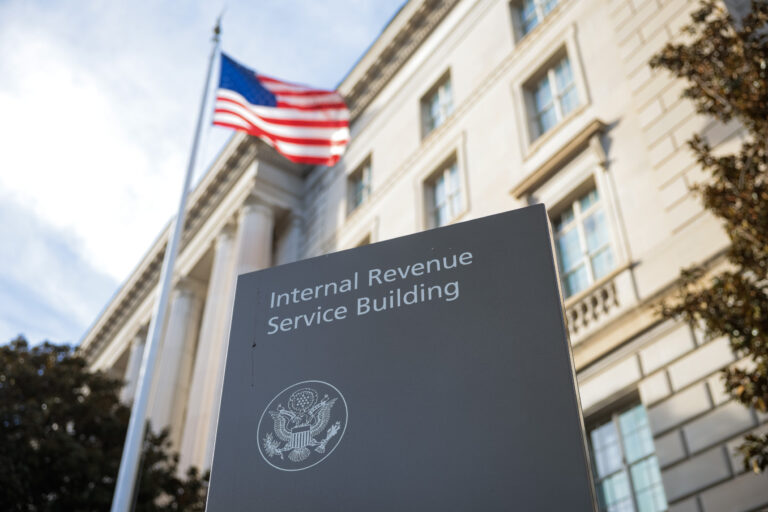A new announcement from the IRS could mean many Americans will receive a higher tax refund next year, as they collect tax breaks included in President Donald Trump’s One Big Beautiful Bill Act.
Why It Matters
The bill, signed into law last month by Trump, includes sweeping changes to the U.S. tax code, including measures that would eliminate tax for wages earned by tips and overtime. This has created challenges for employers tasked with withholding taxes on these wages. On Thursday, the IRS made an announcement that withholding levels should stay the same to allow more time to adjust to changes in the bill.
What To Know
The IRS wrote in the announcement that “as part of its phased implementation of the One Big Beautiful Bill Act, there will be no changes to certain information returns or withholding tables for Tax Year 2025 related to the new law.”
“These decisions are intended to avoid disruptions during the tax filing season and to give the IRS, business and tax professionals enough time to implement the changes effectively,” the announcement reads.
This means Americans will continue paying taxes on tips and overtime for the time being but will receive them back as part of their refund, experts told Newsweek.
“The Americans that are impacted by this can expect higher than average refunds due to the additional withholdings, however, that does not help them today,” Kevin Thompson, CEO of 9i Capital Group and host of the 9innings podcast, told Newsweek.
“Additionally, with all of the new tax changes, it stands to reason that some of these individuals may need to hire a CPA which will come at an additional cost to make sure they are refunded what they deserve,” Thompson added.

Kayla Bartkowski/Getty Images
Nothing will change for these workers until the IRS revises its W-2, and it is expected to do so in 2026, Thompson said. “Until then, the money still comes out of the check each pay period.”
Christina Lewellen, professor of accounting at North Carolina State University, told Newsweek she would not be surprised if this is extended, due to how complicated the changes may be.
“I’m not even 100 percent sure how they’ll handle it next year,” she said. “I think they’re just kicking it to next year, but this is something that might not ever be figured into the withholding.”
If individuals use the standard withholding, that tax will continue being withheld as normal, she said. “That does mean that when they actually file their tax returns, they will get a refund for the taxes that they paid.”
Lewellen advised that any qualifying taxpayers should file their taxes as early as possible so they can quickly get that money back next year.
Garrett Watson, director of policy analysis at the Tax Foundation, told Newsweek the “immediate impact of this announcement for taxpayers is to provide some certainty about whether they can expect changes to withholding and information reporting in the near-term, which risked sparking confusion and mixups given the changes would be happening in the middle of the tax year they apply to.”
“Part of the reason for this delay is also because the IRS and Treasury will still need to separate out eligible overtime deductions in the reporting and withholding along with tipping deduction withholding and associated rules, which may take more time to prepare,” Watson said.
What People Are Saying
Watson added: “The tradeoff is taxpayers eligible for the deductions for overtime and tipped income will not get an immediate benefit during 2025 by reduced withholding to reflect the new deductions. Instead, those taxpayers would receive the full benefit of the deductions when completing their federal tax returns next spring.
“It sounds like the withholding adjustments are likely to begin in 2026, so this would be a temporary transition period. We would expect larger refunds than usual for eligible taxpayers given this decision, which will also push up average refund figures overall.”
The IRS wrote in the announcement: “The IRS is working on new guidance and updated forms for TY 2026.These will include changes to how tips and overtime pay are reported. The IRS will coordinate with employers, payroll providers and tax professionals to ensure a smooth transition.”
What Happens Next
The IRS wrote that more information will be shared in the coming months about how taxpayers can “claim OBBBA [One Big Beautiful Bill Act]-related tax benefits when they file their returns.”
“The Treasury Department and the IRS are preparing additional guidance for both reporting entities and individual taxpayers,” the announcement reads.


